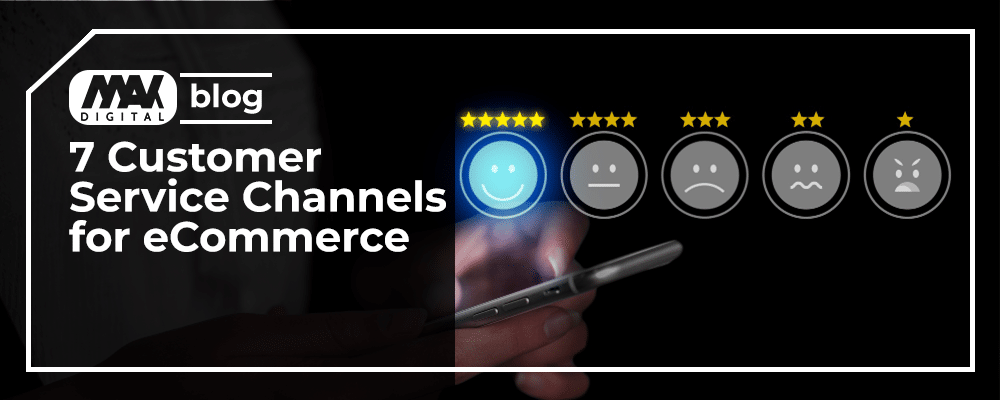 January 26, 2026Using Customer Feedback to Make Better eCommerce Decisions You can spend hours tweaking product pages, but one line from a frustrated shopper reveals the real issue in seconds...
January 26, 2026Using Customer Feedback to Make Better eCommerce Decisions You can spend hours tweaking product pages, but one line from a frustrated shopper reveals the real issue in seconds... 
 January 26, 2026Using Customer Feedback to Make Better eCommerce Decisions You can spend hours tweaking product pages, but one line from a frustrated shopper reveals the real issue in seconds...
January 26, 2026Using Customer Feedback to Make Better eCommerce Decisions You can spend hours tweaking product pages, but one line from a frustrated shopper reveals the real issue in seconds...  August 13, 2025From First Fix to Full Transformation: A Client’s Journey With MAKDigital Our client had been burned by overpromises before. From day one we set a different tone. Clear expectations. Real...
August 13, 2025From First Fix to Full Transformation: A Client’s Journey With MAKDigital Our client had been burned by overpromises before. From day one we set a different tone. Clear expectations. Real...  May 2, 2025Why eCommerce Customer Reviews Matter for Your Store Customer reviews aren’t just nice to have — they’re one of the most powerful tools for building trust, boosting...
May 2, 2025Why eCommerce Customer Reviews Matter for Your Store Customer reviews aren’t just nice to have — they’re one of the most powerful tools for building trust, boosting...  February 7, 2025Building a Loyal Customer Base Building a loyal customer base is the foundation of any successful business. Here’s how to create lasting relationships...
February 7, 2025Building a Loyal Customer Base Building a loyal customer base is the foundation of any successful business. Here’s how to create lasting relationships...  January 29, 2025Building an Ideal Customer Profile for B2B eCommerce Success In B2B eCommerce, success often hinges on knowing exactly who your best customers are. Rather than trying to create...
January 29, 2025Building an Ideal Customer Profile for B2B eCommerce Success In B2B eCommerce, success often hinges on knowing exactly who your best customers are. Rather than trying to create...  December 18, 2024Mastering Holiday Customer Service for eCommerce Success The holiday season is a pivotal time for eCommerce businesses. With increased traffic, higher stakes, and soaring...
December 18, 2024Mastering Holiday Customer Service for eCommerce Success The holiday season is a pivotal time for eCommerce businesses. With increased traffic, higher stakes, and soaring...  December 9, 2024Enhancing Customer Retention Through Omnichannel Strategies Customer retention is key to driving business growth and fostering long-term brand loyalty. According to Statista, the...
December 9, 2024Enhancing Customer Retention Through Omnichannel Strategies Customer retention is key to driving business growth and fostering long-term brand loyalty. According to Statista, the...  September 25, 2024Strategies to Prevent Customer Complaints "Prevention is better than cure," especially when it comes to customer complaints. In today’s digital world, even a...
September 25, 2024Strategies to Prevent Customer Complaints "Prevention is better than cure," especially when it comes to customer complaints. In today’s digital world, even a... 

Choosing MAKDigital means partnering with a team of experienced professionals dedicated to your success. We offer tailored solutions, expert advice, and a commitment to delivering exceptional results. Our focus on innovation and customer satisfaction sets us apart in the eCommerce industry.
